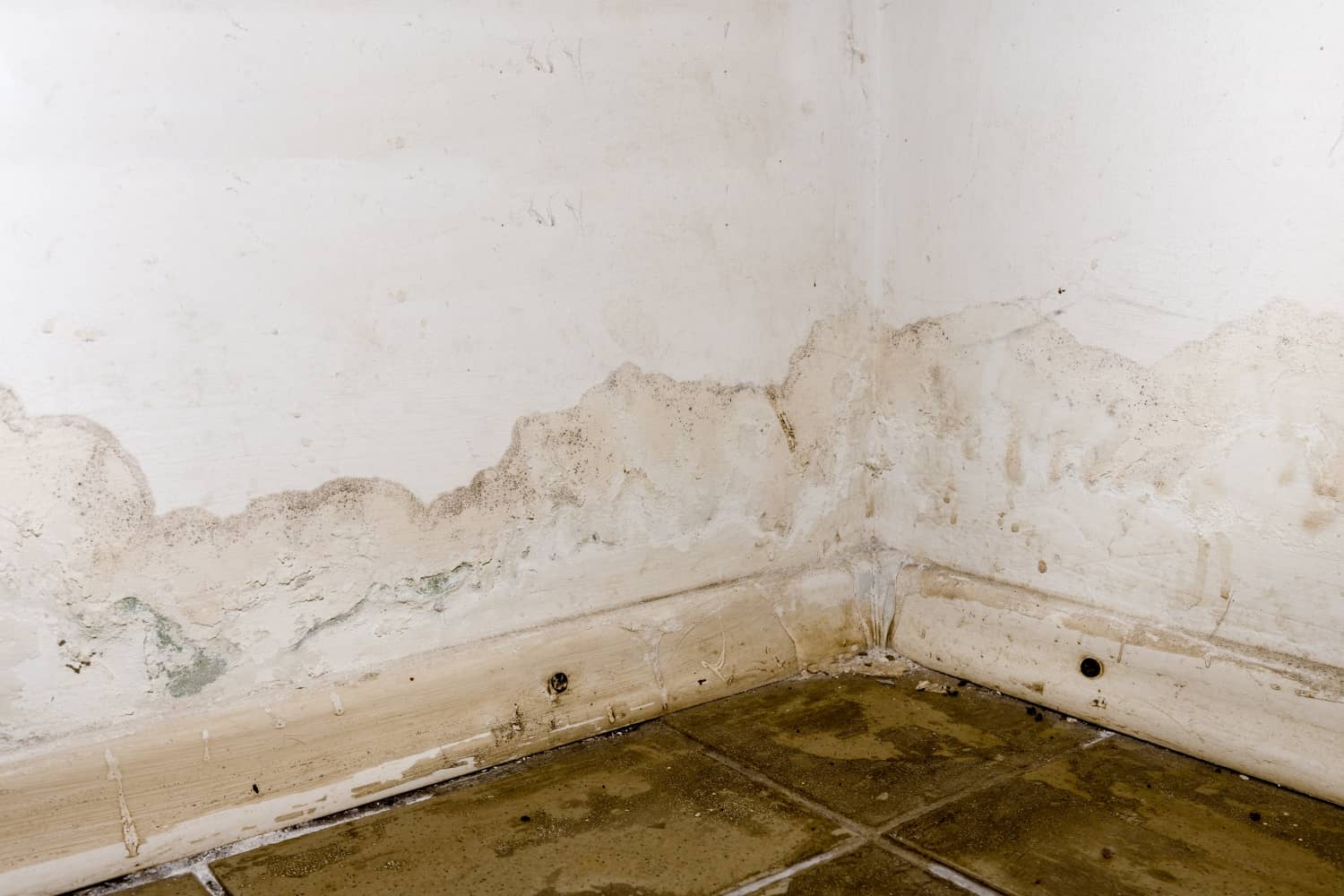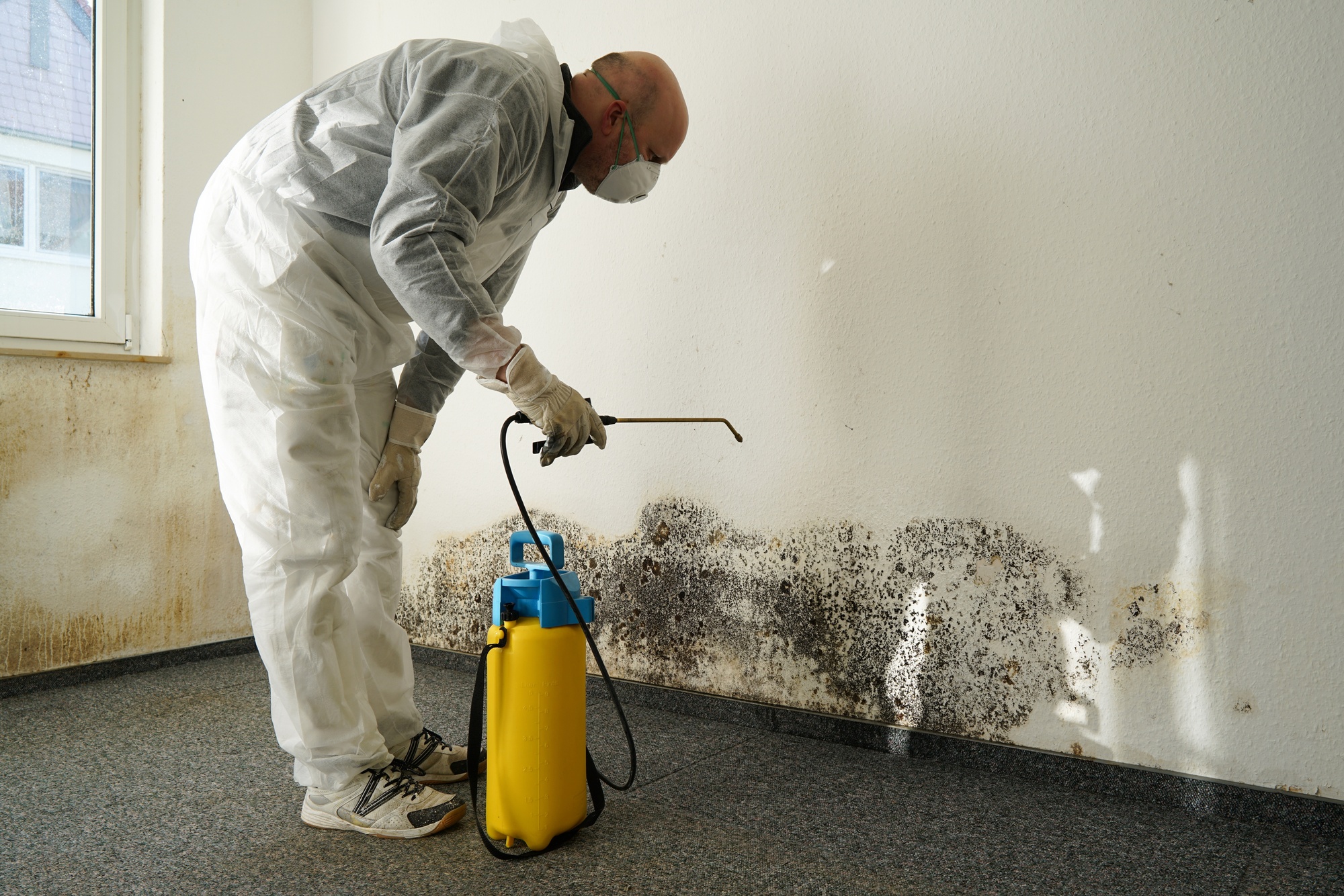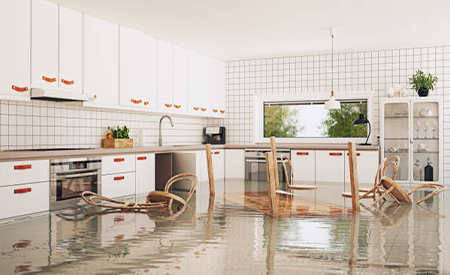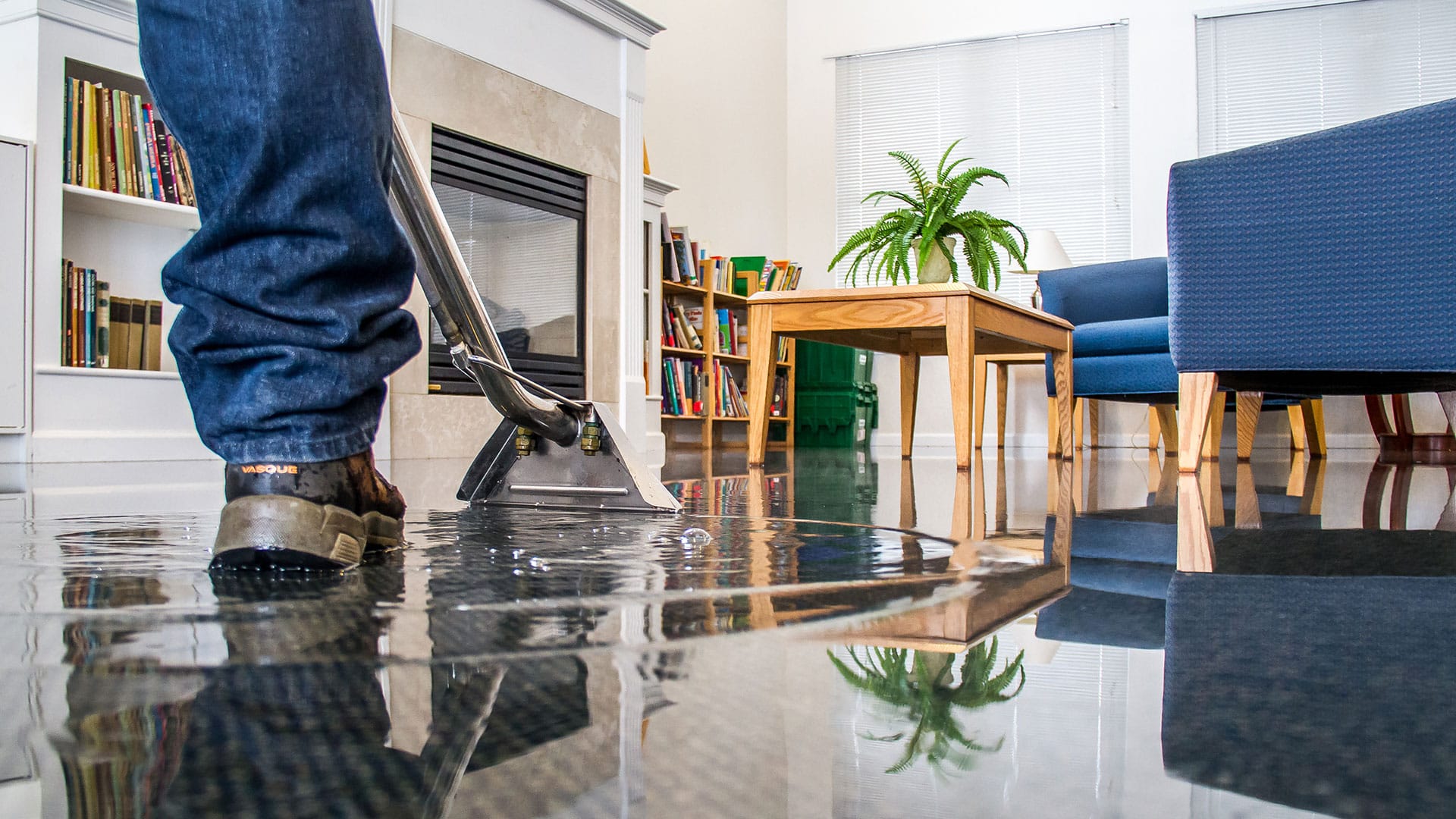The Process of Water Damages Clean-up: Guaranteeing Your Home Is Restored Effectively
Water damage can be a daunting difficulty for homeowners, requiring a precise and structured cleaning process to bring back security and capability. damage restoration services. Following this, reliable water removal strategies play a pivotal function in reducing additional injury.
Analyzing the Damages
Upon discovering water damages, the very first step is to completely analyze the level of the impact. This first assessment is crucial, as it aids identify the necessary steps for reliable clean-up and remediation. Begin by checking the impacted areas, consisting of wall surfaces, ceilings, floors, and individual valuables, to identify the source of the water breach, whether from flooding, leakages, or condensation.
Documenting the damages is necessary for both insurance policy cases and preparing reconstruction initiatives - damage restoration services. Use photographs and created notes to record the severity of the damage, noting any damaged architectural components and materials. Pay unique focus to locations that might not be right away noticeable, such as behind wall surfaces and under carpets, as hidden wetness can bring about additional difficulties, including mold development
Furthermore, assess the timeline of the water exposure. The longer the materials remain damp, the better the possibility for damage. Recognizing the period of exposure will certainly educate the necessity of removal initiatives. Eventually, a comprehensive assessment lays the groundwork for a successful water damages cleaning process, ensuring that all impacted areas are resolved effectively and extensively.
Water Extraction Techniques

Professionals usually utilize submersible pumps for bigger volumes of water, which can swiftly relieve flooding in cellars or other impacted areas. For smaller amounts, wet/dry vacuums are frequently made use of to remove residual moisture from carpets and difficult surfaces. In addition, utilizing portable extractors permits targeted elimination in restricted areas or locations with delicate materials.
In circumstances of contaminated water, such as sewer or floodwater, advanced removal methods might involve using biohazard tools to ensure safety and security and conformity with wellness guidelines. High-powered removal tools are essential in minimizing water retention in architectural products, which can lead to mold development and structural deterioration if not resolved promptly.
Ultimately, the efficiency of water extraction strategies plays a pivotal duty in the total success of the water damage clean-up process, preparing for succeeding restoration initiatives.
Drying and Dehumidification
When standing water has actually been successfully drawn out, the following essential stage in the water damages cleaning procedure is drying and dehumidification. This step is necessary to prevent additional damage and mold and mildew development, which can take place within 24 to 48 hours in wet environments.
To accomplish reliable drying, specific tools such as industrial-grade air moving companies and dehumidifiers is used. Air movers flow air throughout wet surfaces, enhancing dissipation prices, while dehumidifiers decrease humidity levels in the air, advertising a favorable environment for drying. The combination of these devices guarantees that dampness is attracted out from wall surfaces, home furnishings, and floors, permitting them to dry completely.
It is important to check the drying out process carefully. Experts commonly make use of moisture meters to assess the dampness web content in different materials, guaranteeing that all impacted areas reach appropriate dry skin degrees. This meticulous technique assists to stop hidden moisture pockets that could cause structural damage or unhealthy mold development.

Cleansing and Sanitizing
After the drying and dehumidification phase is complete, the following vital action in water damage clean-up is cleansing and carpet flood damage sterilizing the influenced areas. This process is important to protect against the development of mold, bacteria, and various other virus that prosper in wet atmospheres.
The cleaning phase generally involves eliminating any particles, dust, and pollutants from surfaces using specialized cleansing agents. For hard surface areas, a mix of soap and water or business cleaning items is usually used. Soft products, such as upholstery and carpets, might call for a lot more extensive cleaning methods, consisting of heavy steam cleansing or deep removal techniques, to make sure comprehensive cleanliness.

Sterilizing follows cleansing, utilizing EPA-approved disinfectants to get rid of damaging bacteria. This step is vital, especially in locations that may have entered contact with floodwaters or sewage, as these resources can pose serious health and wellness risks.
Additionally, it is necessary to address any remaining odors, which might need the use of odor neutralizers or advanced strategies like ozone treatment. Correct cleaning and sanitizing not just recover the safety and health of your home but additionally lay the groundwork for successful reconstruction and repair work in succeeding phases of the water damage cleaning process.
Repair and Repairs

Once the analysis is visit here complete, restoration initiatives can start. Additionally, floor covering might require similar focus, depending on the degree of water direct exposure.
It is vital to involve skilled restoration experts throughout this procedure, as they possess the experience to manage complex repair work successfully. In addition, they can help reduce possible future concerns, such as mold growth or structural instability, thus making sure a safe and habitable living setting. Ultimately, effective remediation and repair services bring back the home's stability and boost its total worth.
Verdict
To conclude, the process of water damages cleanup is important for recovering a Continue home to its pre-damage problem. Each stage, from analyzing the damages to applying reliable water removal strategies, complied with by detailed drying out, sterilizing, and needed repair services, plays a vital function in guaranteeing safety and compliance with building standards. Reliable implementation of these steps not only mitigates immediate damages however also boosts the long-lasting stability and value of the residential property.
Water damages can be a difficult difficulty for property owners, demanding a structured and precise clean-up procedure to recover safety and security and capability. Inevitably, a detailed assessment lays the groundwork for a successful water damages cleaning process, guaranteeing that all influenced locations are resolved efficiently and thoroughly.
Efficient water extraction strategies are necessary in mitigating damage and stopping further issues following a water breach occasion.In conclusion, the procedure of water damages cleaning is critical for restoring a home to its pre-damage problem. Each stage, from examining the damage to implementing efficient water extraction methods, followed by extensive drying, sterilizing, and essential repair work, plays a necessary function in making sure security and conformity with building requirements.